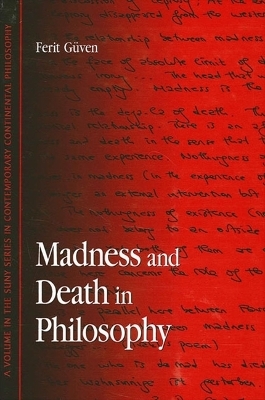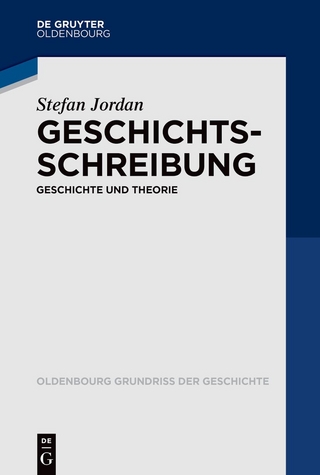
Madness and Death in Philosophy
Seiten
2006
State University of New York Press (Verlag)
978-0-7914-6394-9 (ISBN)
State University of New York Press (Verlag)
978-0-7914-6394-9 (ISBN)
Demonstrates the significance of the concepts of madness and death for the history of philosophy.
Ferit Güven illuminates the historically constitutive roles of madness and death in philosophy by examining them in the light of contemporary discussions of the intersection of power and knowledge and ethical relations with the other. Historically, as Güven shows, philosophical treatments of madness and death have limited or subdued their disruptive quality. Madness and death are linked to the question of how to conceptualize the unthinkable, but Güven illustrates how this conceptualization results in a reduction to positivity of the very radical negativity these moments represent. Tracing this problematic through Plato, Hegel, Heidegger, and, finally, in the debate on madness between Foucault and Derrida, Güven gestures toward a nonreducible, disruptive form of negativity, articulated in Heidegger's critique of Hegel and Foucault's engagement with Derrida, that might allow for the preservation of real otherness and open the possibility of a true ethics of difference.
Ferit Güven illuminates the historically constitutive roles of madness and death in philosophy by examining them in the light of contemporary discussions of the intersection of power and knowledge and ethical relations with the other. Historically, as Güven shows, philosophical treatments of madness and death have limited or subdued their disruptive quality. Madness and death are linked to the question of how to conceptualize the unthinkable, but Güven illustrates how this conceptualization results in a reduction to positivity of the very radical negativity these moments represent. Tracing this problematic through Plato, Hegel, Heidegger, and, finally, in the debate on madness between Foucault and Derrida, Güven gestures toward a nonreducible, disruptive form of negativity, articulated in Heidegger's critique of Hegel and Foucault's engagement with Derrida, that might allow for the preservation of real otherness and open the possibility of a true ethics of difference.
Ferit Güven is Assistant Professor of Philosophy at Earlham College.
ACKNOWLEDGMENTS
LIST OF ABBREVIATIONS
INTRODUCTION
Madness and Death
1. Plato: Death and Madness in the Phaedo and Phaedrus
2. Hegel: The Madness of the Soul and the Death of the Spirit
3. Heidegger: Death as Negativity
4. Heidegger: Madness, Negativity, Truth, and History
5. Foucault: The History of Madness
CONCLUSION
Madness Is Not a Thing of the Past
NOTES
BIBLIOGRAPHY
INDEX
| Erscheint lt. Verlag | 1.6.2006 |
|---|---|
| Reihe/Serie | SUNY series in Contemporary Continental Philosophy |
| Zusatzinfo | Total Illustrations: 0 |
| Verlagsort | Albany, NY |
| Sprache | englisch |
| Maße | 152 x 229 mm |
| Gewicht | 327 g |
| Themenwelt | Geisteswissenschaften ► Geschichte ► Geschichtstheorie / Historik |
| Geisteswissenschaften ► Philosophie | |
| ISBN-10 | 0-7914-6394-X / 079146394X |
| ISBN-13 | 978-0-7914-6394-9 / 9780791463949 |
| Zustand | Neuware |
| Haben Sie eine Frage zum Produkt? |
Mehr entdecken
aus dem Bereich
aus dem Bereich
Russland, die Ukraine und der Westen
Buch | Softcover (2024)
De Gruyter (Verlag)
CHF 55,90
Geschichte und Theorie
Buch | Softcover (2024)
De Gruyter Oldenbourg (Verlag)
CHF 34,90
wie Irritationen historisches Denken anregen
Buch | Softcover (2024)
Kohlhammer (Verlag)
CHF 96,55


